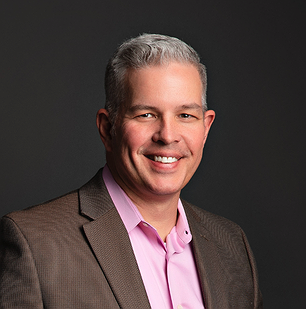Kootenai County to authorize Panhandle Health District to enforce aquifer chemical rules
COEUR d’ALENE — Kootenai County commissioners will consider authorizing Panhandle Health District to enforce rules about how businesses located over the Rathdrum Prairie Aquifer handle chemicals.
Though PHD has administered the aquifer protection rules since 1997, the Idaho Legislature determined that health districts are not state agencies and thus don’t have rulemaking or enforcement authority on their own. As a result, counties and municipalities have adopted ordinances that allow health districts to carry out certain functions.
All three commissioners expressed support for the proposed memorandum.
Commissioner Leslie Duncan said the county’s memorandum with PHD will authorize the health district as the enforcement agency for the program, which manages how “critical materials” with the potential to contaminate ground water below the aquifer are handled.
“I am not interested in hiring one or two people at the county to handle this program when Panhandle Health has been the subject matter expert for years,” Duncan said Tuesday.
Commissioner Bruce Mattare suggested the county examine the penalties for noncompliance and consider whether it’s necessary to update them. The current penalty for noncompliance is a fine of $1,000 per day.
“A thousand dollars a day is a lot of money, but it was more money 20 years ago,” Mattare said. “This isn’t like a nuisance. This is chemicals getting into the aquifer. I wonder if the penalties are really enough to incent people to take the precautions they need with the chemicals they’re handling.”
Last June, the city of Coeur d’Alene approved a new ordinance for critical materials management, as well as a memorandum of understanding with PHD for inspections and enforcement. At that time, PHD was monitoring nearly 300 locations within city limits.
Duncan said that, during her time on the Kootenai County Aquifer Protection District Committee, she learned the program favors education over enforcement and that most businesses comply with the rules.
“This is not a heavy-handed program,” she said. “This is one truly intended to protect the aquifer and gain compliance.”



